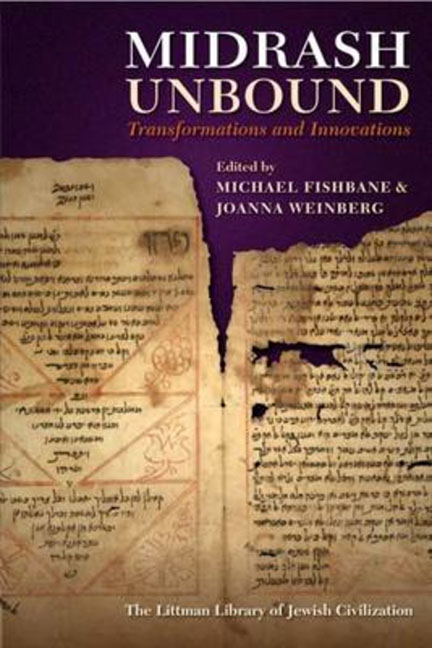11 - Midrash in a Lexical Key: Nathan ben Yehiel's Arukh
Summary
THE LEXICOGRAPHICAL impulse to order, sift, and systematize key vocabulary or terminology and to clarify and restore meaning to words that have become obscure over time manifests itself in all literate societies, and provides an essential guide to the intellectual world which sets such an impulse in motion. It often develops out of a particular community's commitment to the study of a common body of texts. This is certainly true of some of the dictionaries produced in Arabic from the ninth century onwards, the purpose of which was to offer interpretation of obscure lexemes in the Quran and prophetic tradition. In the same linguistic context Jews began to produce dictionaries of their own canonical texts. Particularly significant is the recent discovery of a number of leaves of the ‘lost’ dictionary of Hai Gaon (939–1038), entitled Kitab al-hawi, which lists words belonging to the main corpora of the author's religious tradition: Scripture, Targum, Talmud, and Midrash. In the dictionary, written in Judaeo-Arabic and organized anagrammatically, difficult or obscure vocabulary from Genesis Rabbah and Agadat vayikra (Leviticus Rabbah) is listed alongside words from the Mishnah and Talmud; all are the object of the same philological scrutiny. The evidence provided by the extant remains of Hai's book thus demonstrates that the corpus of written texts to which Hai and his scholarly community were committed included both halakhic and aggadic works. The lexicographer's task was not to assess the relative authority of different traditions as transmitted in varied sources, but simply to provide a straightforward interpretation of difficult or unfamiliar words and phrases.
Not long after Hai Gaon penned his dictionary, another lexicon—Nathan ben Yehiel's Sefer he’arukh—was produced, in Hebrew rather than Arabic, and in a Latin Western context rather than in Pumpeditha in the domain of geonic Babylonia. One feature alone links the Arukh, written in Rome at the beginning of the twelfth century, with Hai's dictionary—the citation of rabbinic writings, including the main works of classical Midrash. Nathan, like Hai, harvested the entries for his dictionary from all extant sources and traditions without imposing a hierarchy of reading on his readers. But here the similarity ends; as Aharon Maman has noted, the nature of Nathan's philological undertaking differed from that of his predecessors such as Ibn Janah and Hai.
- Type
- Chapter
- Information
- Midrash UnboundTransformations and Innovations, pp. 213 - 232Publisher: Liverpool University PressPrint publication year: 2013



